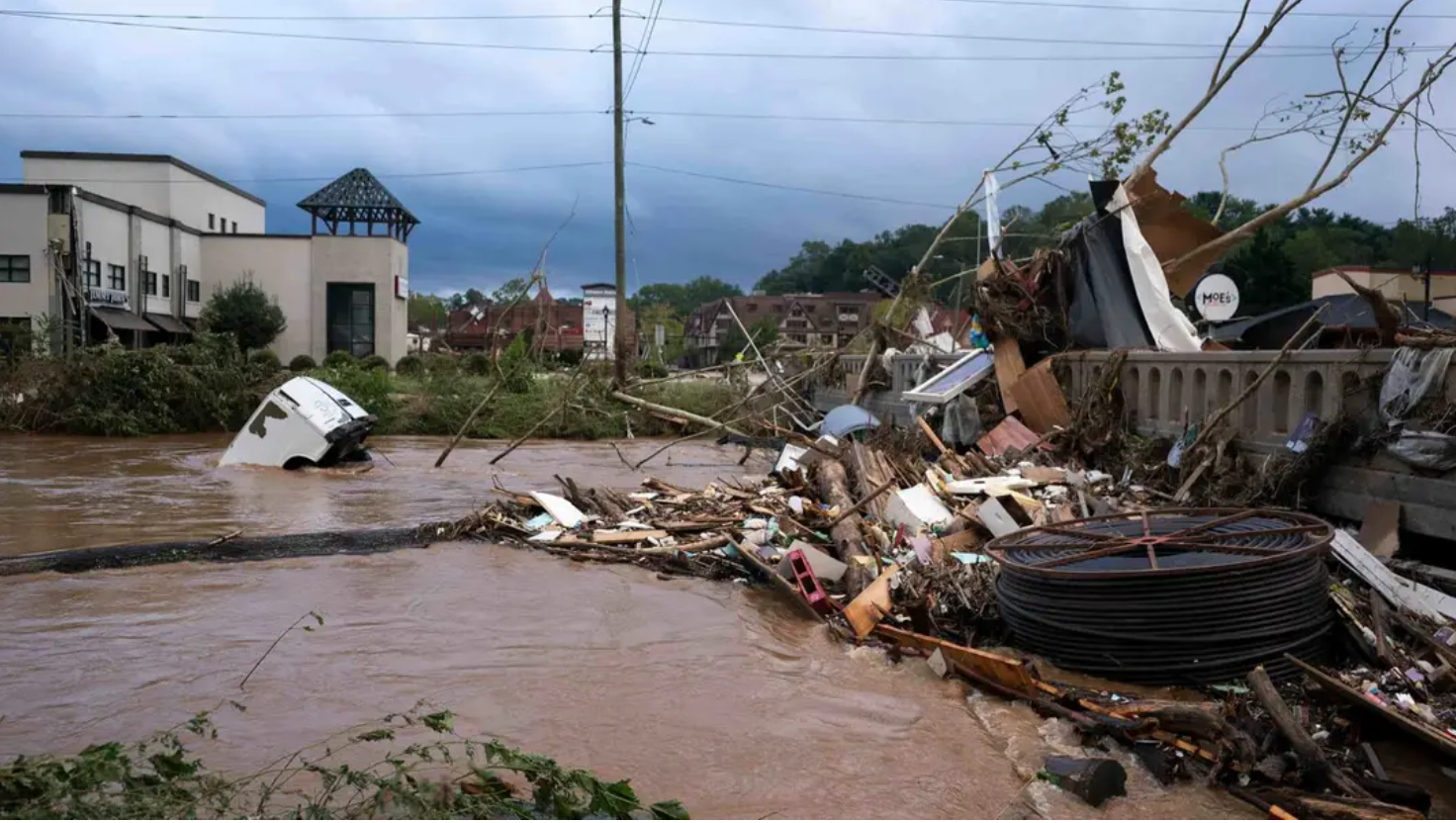Report: Climate Change Affecting the Global Water Cycle
According to a report from Australian National University, 2024 marked Earth's hottest year on record, with air temperatures being 1.2°C warmer than the century's start, affecting 4B people across 111 countries.
Facts
- According to a report from Australian National University, 2024 marked Earth's hottest year on record, with air temperatures being 1.2°C warmer than the century's start, affecting 4B people across 111 countries.[1]
- Water-related disasters in 2024 reportedly resulted in 8.7K deaths, displaced 40M people, and caused economic losses exceeding $550B worldwide. The report suggested that climate change is "wreaking havoc" on the globe's water cycle.[2]
- Record-high monthly rainfall occurred 27% more frequently in 2024 than in the year 2000, while daily rainfall records increased by 52%, demonstrating the intensification of the water cycle.[3]
- For example, in southern China, the Yangtze and Pearl rivers experienced severe flooding, displacing tens of thousands and causing massive agricultural damage.[1]
- In South America, the Amazon Basin experienced severe drought conditions, with wildfires devastating 52K square kilometers in September alone, releasing large amounts of greenhouse gases.[3]
- Additionally, Southern Africa's severe drought reduced maize production by more than 50%, leaving 30M people facing food shortages and forcing farmers to cull livestock. Due to the drought conditions, hydropower output decreased, causing widespread blackouts.[1]
Sources: [1]Australian National University, [2]The Guardian and [3]Irish Examiner.
Narratives
- Narrative A, as provided by Australian National University. The climate crisis has fundamentally altered Earth's water cycle, with warmer air holding more moisture and leading to more intense downpours and severe flooding events. Rising sea surface temperatures have intensified tropical cyclones and droughts, while global warming has contributed to heavier downpours and slower-moving storms. These changes represent a worsening trend that will continue to escalate as carbon emissions rise.
- Narrative B, as provided by The Conversation. The economic and social costs of water-related disasters require immediate adaptation strategies rather than just emission reductions. Developing stronger flood defenses, creating drought-resilient food production systems, and implementing better early warning systems are crucial steps for protecting communities and infrastructure. These practical solutions can help mitigate the immediate impacts while longer-term climate solutions are pursued.
- Narrative C, as provided by New York Post. While the link between climate change and heatwaves is solid, there is dangerous alarmism and cherrypicking of data when it comes to flood events, droughts and fires. A "climate agenda" driven media cycle fuels this narrative and obfuscates the true nuances of the data. Concerningly, climate alarmism can also translate to flawed attempts to guide public policy. Scientific analysis, not climate panic, must drive the discourse.







